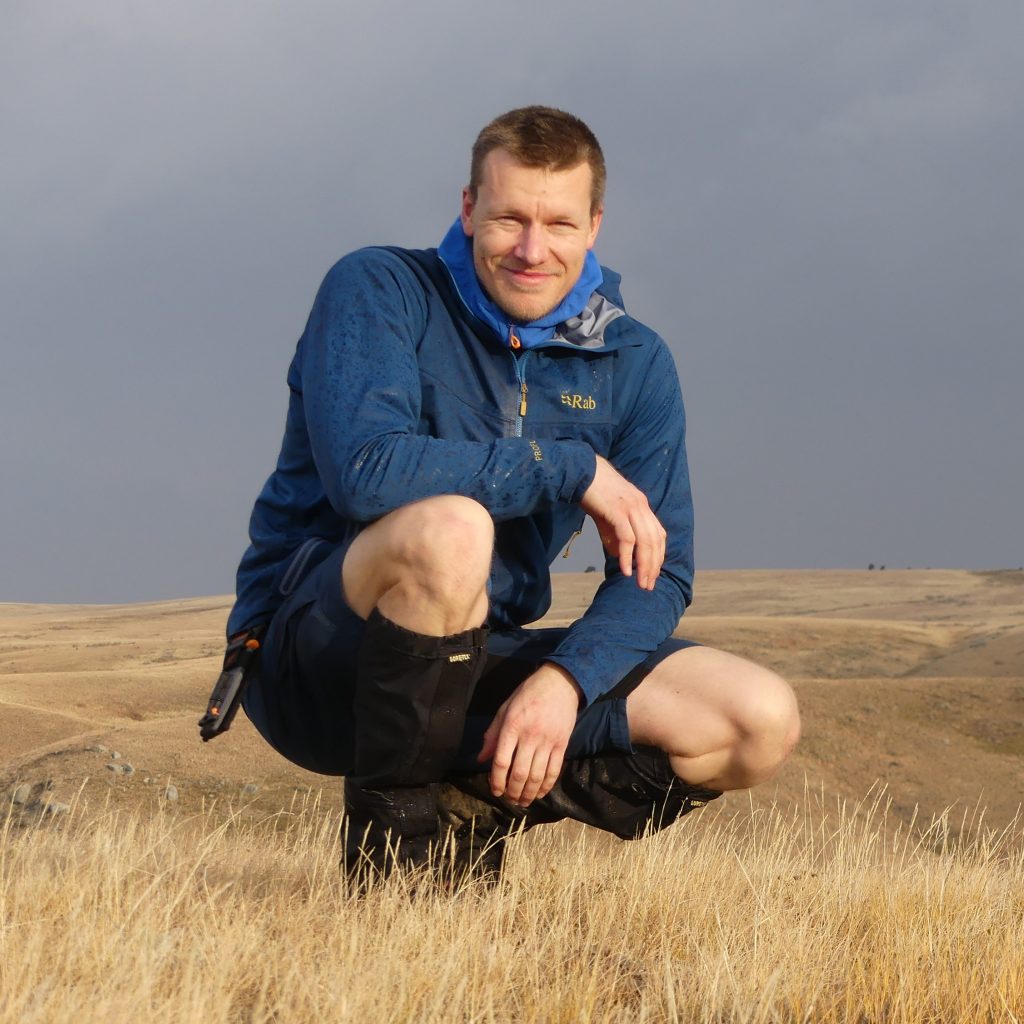
I joined Dr. Monireh Faramarzi and her research group in March 2021 on a Mitacs Elevate Postdoctoral Fellowship. In collaboration with our industry partner Perimeter Solar, we study water and carbon fluxes in the Nelson River Basin using process-based models. Specifically, we apply hydrological and land-water carbon simulation models to predict dynamics of soil carbon and in-stream organic carbon processes subject to land-use scenarios. Moreover, we use scenario-based modelling (e.g. grassland conservation and restoration) to explore the biodiversity-habitat value of Canada’s prairie grasslands, to better understand the potential co-benefits of carbon-offset schemes for safeguarding species and their habitat. Carbon-, water- and biodiversity-related data will be geo-spatially harmonized to lay the foundation for future extension to ecosystem marketplaces, and to facilitate science-based decisions that will enable Canada to meet its goals of carbon neutrality by 2050 and protection of 30% of its lands by 2030.
Previously (Jan 2019 – Dec 2020), I was a postdoctoral fellow on a large-scale Agricultural Greenhouse Gases Program (AGGP) grazing management project under supervision of Prof Mark Boyce at the University of Alberta. In collaboration with an interdisciplinary team of researchers, we investigated the influence of adaptive multi-paddock grazing (AMP), a type of rest-rotation grazing that references bison herd effects, on ecosystem processes and biodiversity in Western Canada’s grasslands. Specifically, we tested for grazing effects on soil carbon, greenhouse gases, plant productivity and diversity, water infiltration, soil microbial function and diversity, enzyme activity, as well as socio-economic indices (Scientia feature).
Prior to moving to Edmonton, I conducted ecological research in the context of global environmental change in the Asia-Pacific region. For my PhD at the University of Western Australia, I investigated the impacts of habitat modification and oil palm expansion on tropical rainforests at the Stability of Altered Forest Ecosystems (SAFE) project in Malaysian Borneo (The Guardian feature). Specifically, I focussed on exotic plant invasions and plant functional traits along forest modification gradients (CSIRO feature). Research into the influences of anthropogenic disturbances on the regeneration of tropical dry forests in northeastern Thailand led to my MSc at the University of Otago in New Zealand. My BSc project at Bayreuth University in Germany focused on plant adaptation to herbivore grazers in New Zealand.
Email: doebert@ualberta.ca
